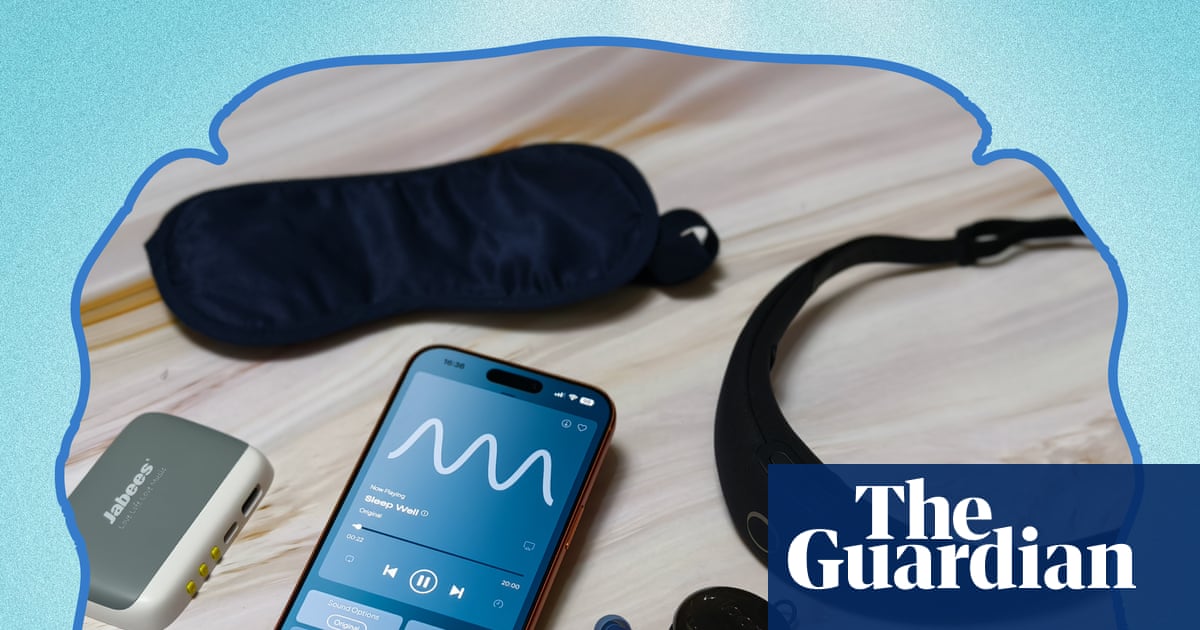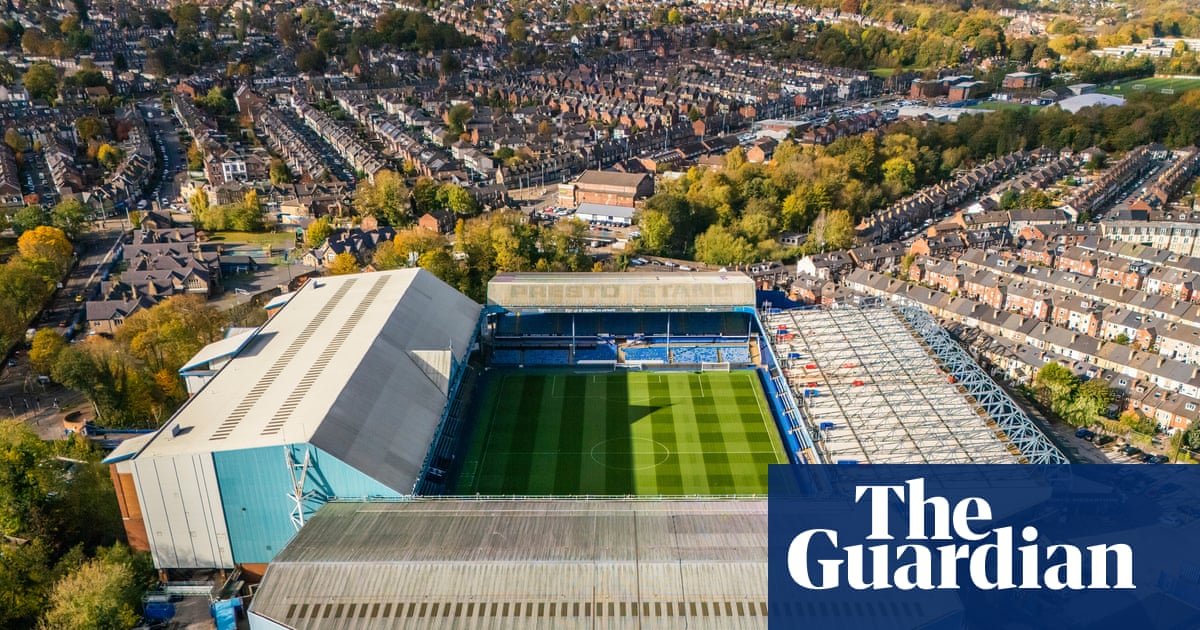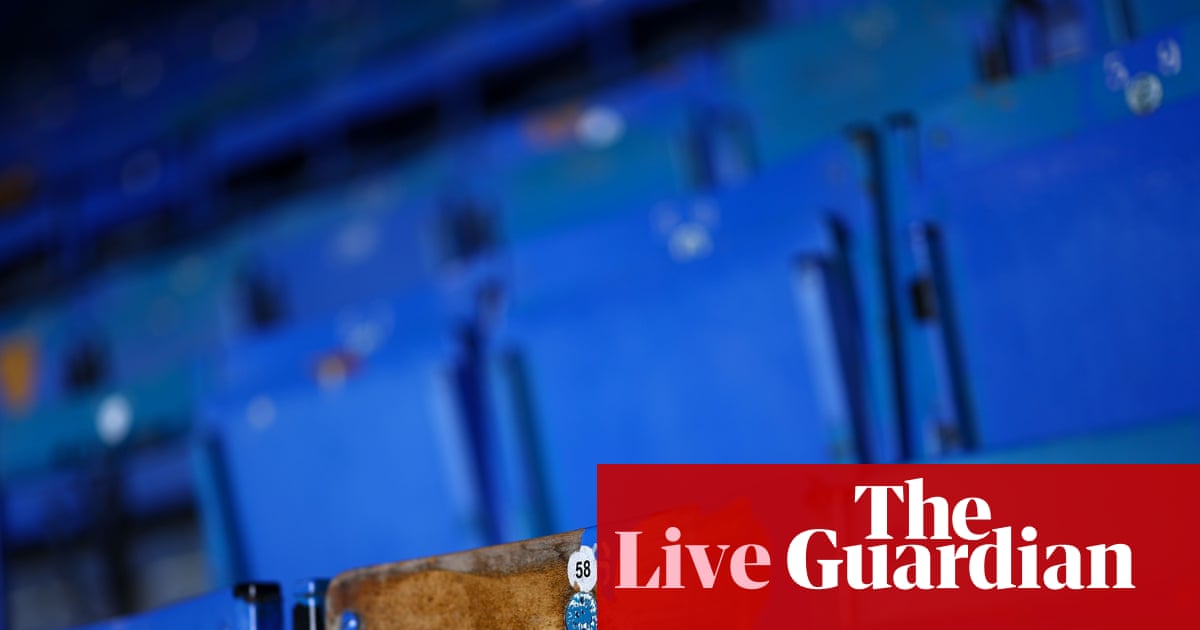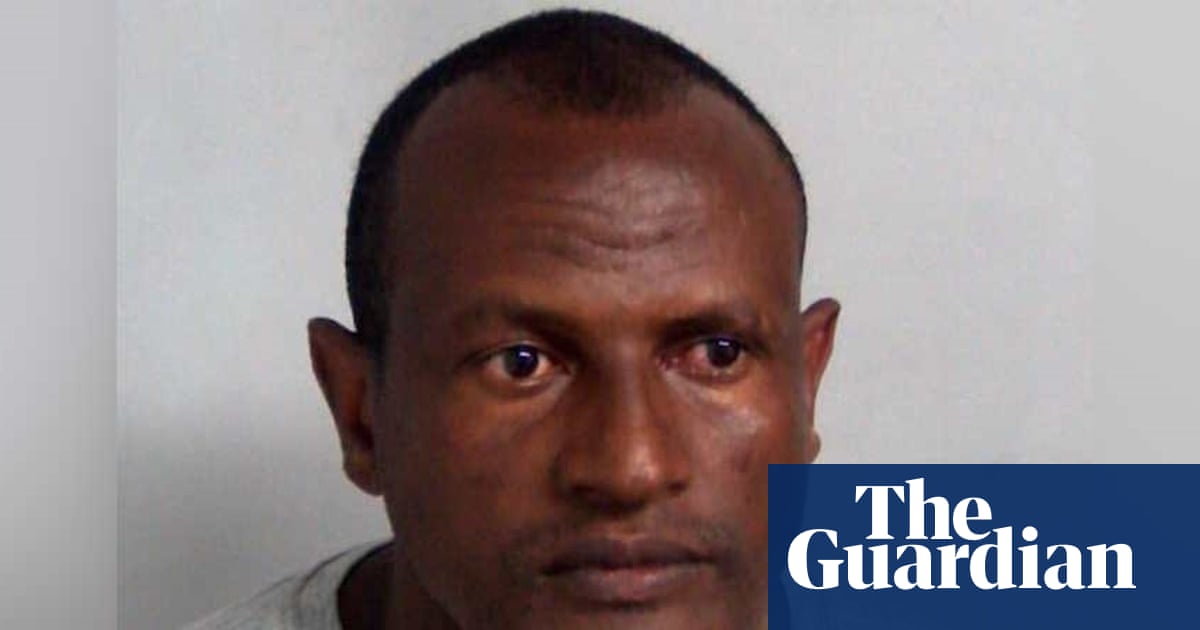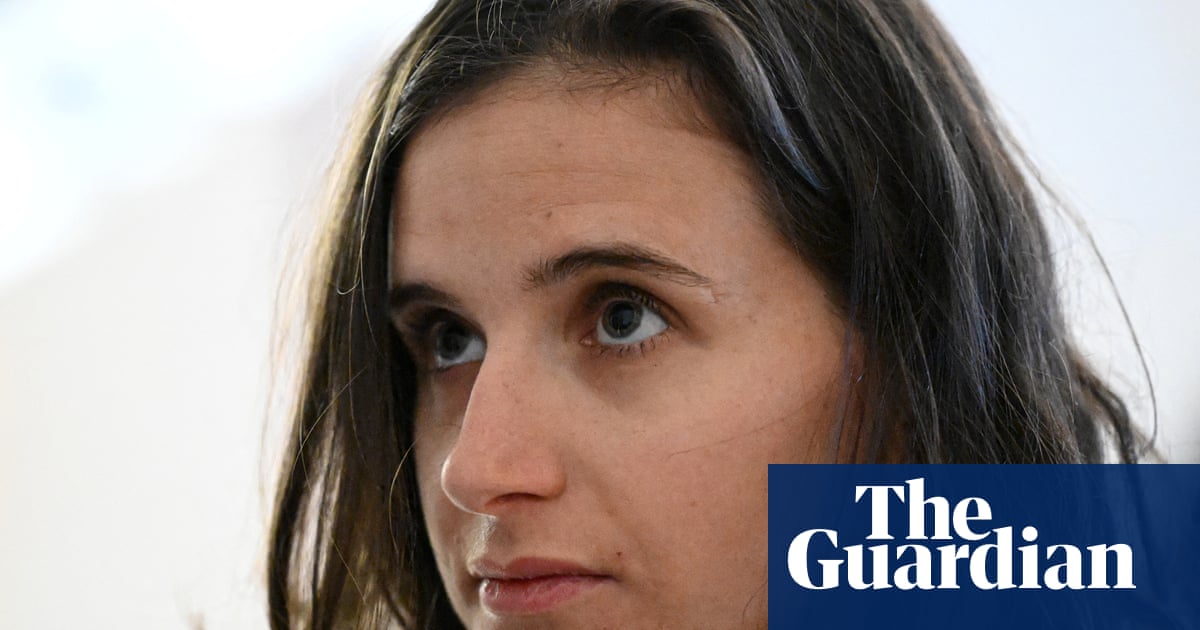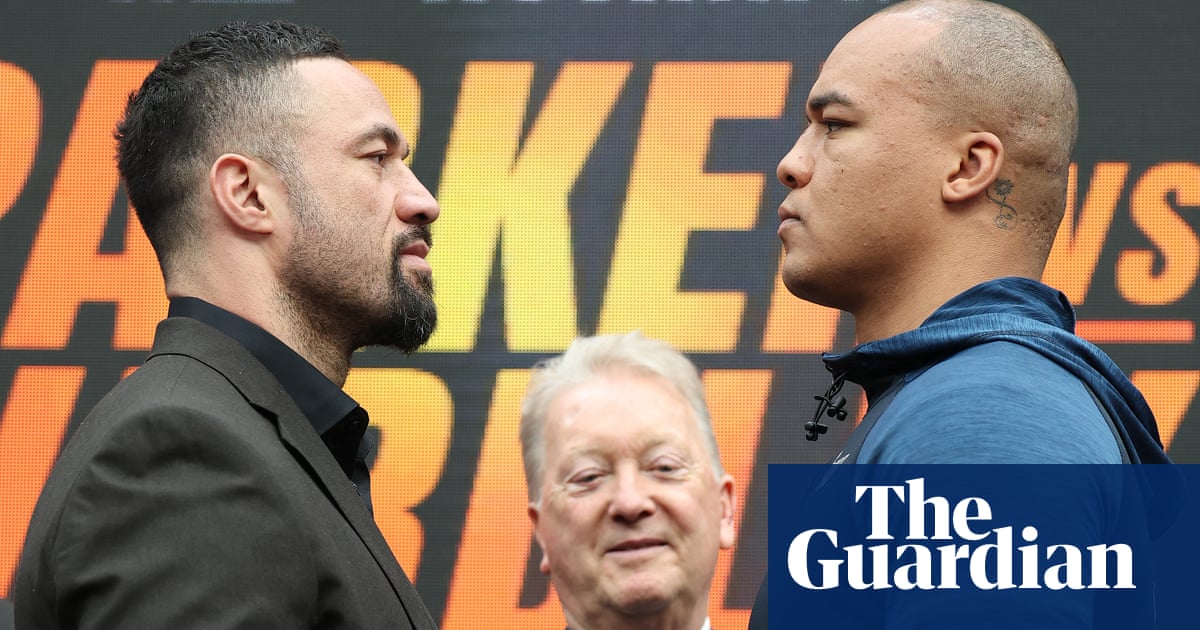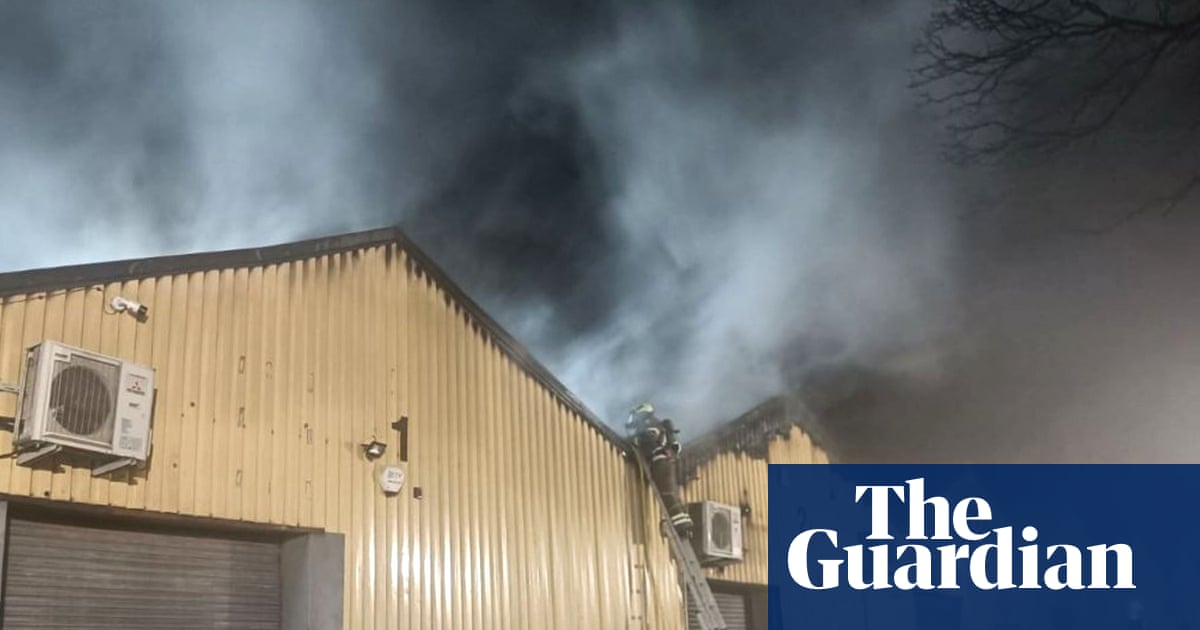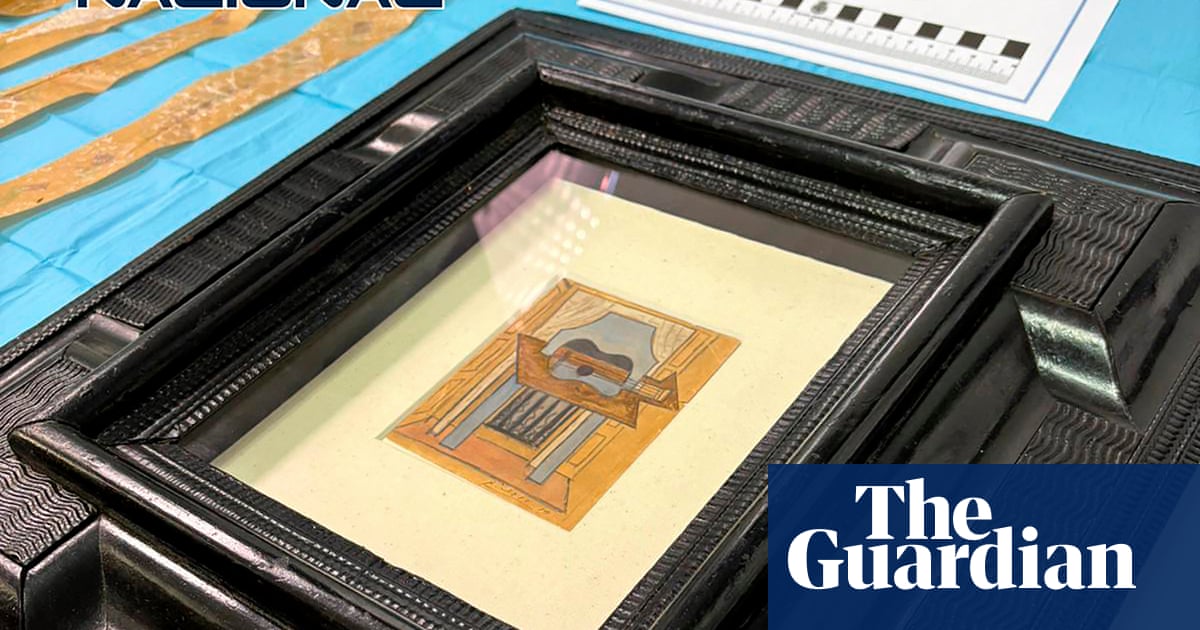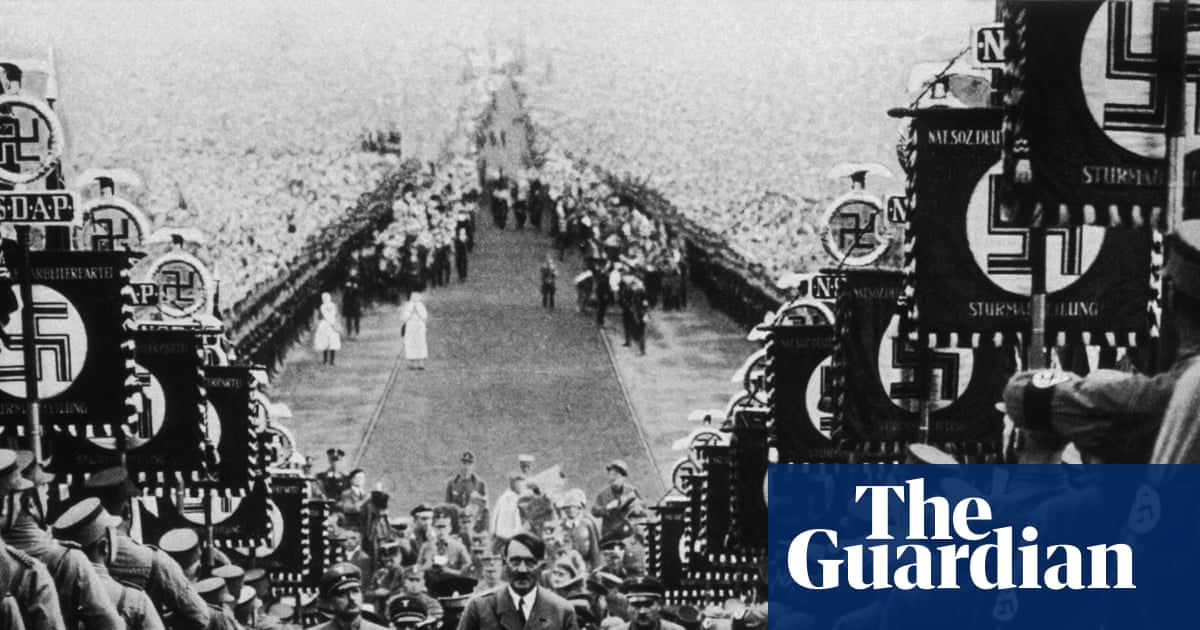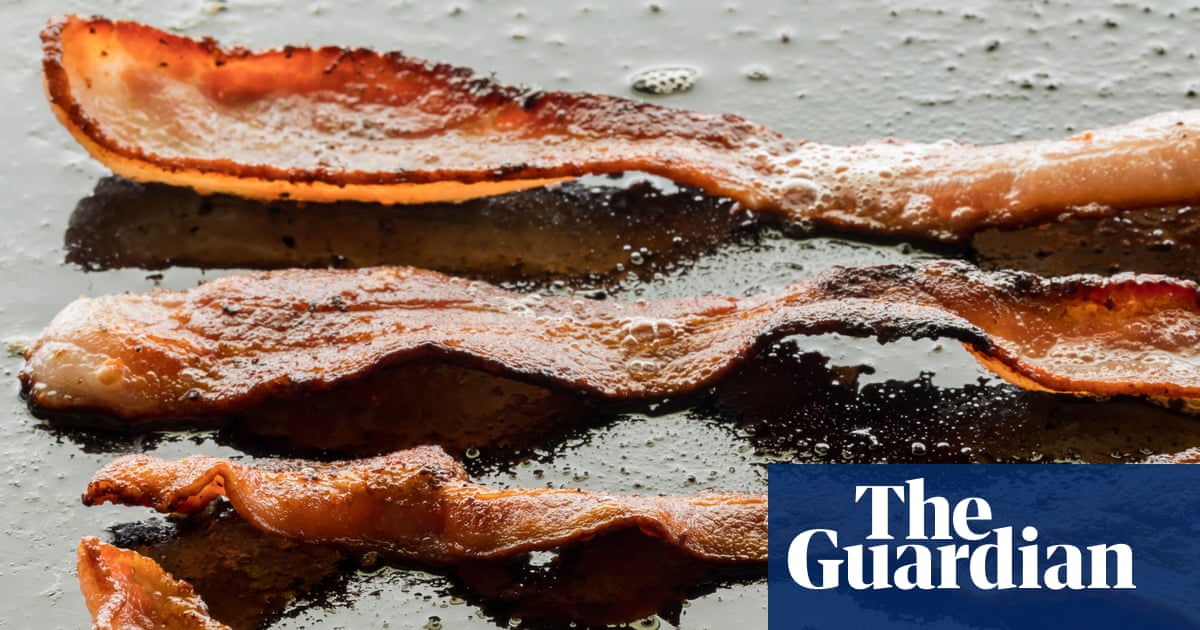When the synth-pop duo Soft Cell formed in 1977, Dave Ball, who has died in his sleep aged 66, made the perfect foil for the vocalist Marc Almond. Where Almond was mercurial and histrionic, Ball assumed the role of mysterious and reclusive mastermind. Almond would invariably be writhing in something black and skin-tight, possibly festooned with zips, while Ball might be wearing a suit and tie and attending soberly to his keyboard. Ball told the Guardian: “We were a weird couple: Marc, this gay bloke in makeup; and me, a big guy who looked like a minder.”
Ball’s death comes a few weeks after Soft Cell’s headlining performance at the Rewind Festival at Henley-on-Thames in August, where he took to the stage in a wheelchair. This was the result of a serious accident in March 2022, when he fell down the stairs at his south London home and broke his back, leading to a protracted stay in intensive care.
“I was pretty much unconscious for about two months, as I was in an induced coma,” he said. “I was so medicated, I was on everything, from morphine upwards. I was even on fentanyl, and that’s the stuff that killed Prince.”
He spent seven months in hospital, suffering medical complications including pneumonia and sepsis. He recovered sufficiently to be able to play live shows and to work in the studio, where Soft Cell had recently completed their sixth album, Danceteria, named after the influential New York City dance club from the 1980s and due to be released next year.
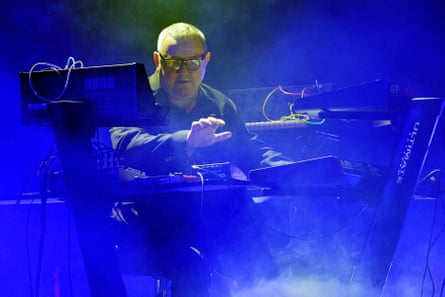
Ball was born into a single-parent household in Chester, and was given up for adoption at 18 months old. He subsequently grew up in Blackpool with his adoptive parents, Donald and Brenda Ball, who changed his first name from Paul to David. He had a younger sister, Susan, also adopted.
He attended Arnold school in Blackpool, and met Almond in 1977 at Leeds Polytechnic, where they were both studying art. Almond was a performance artist at the time, challenging audiences by performing naked and daubing himself with cat food. “He had heard me making bleepy noises on a synthesiser and asked me to do music for his performances,” said Ball.
A shared love of Northern Soul music prompted the pair to form Soft Cell. Financed by £400 from Ball’s mother, they recorded the EP Mutant Moments on a primitive two-track tape recorder. The EP was eventually released in 1980 on the Big Frock label. When Soft Cell subsequently played at the Futurama 2 Festival in Leeds (third on the bill after Siouxsie and the Banshees and U2), Ball spotted BBC DJ John Peel and gave him a white label copy of the EP. Peel subsequently played it, and it caught the ear of Stevo, supremo of Some Bizarre records, who signed Soft Cell.
In July 1981 they released the single Tainted Love, distinguished by Ball’s baleful synth motif and Almond’s agonised vocal. Following an appearance on Top of the Pops, it shot to No 1 in the UK, selling more than a million copies. It would go on to be a sizeable hit in the US, reaching No 8 in the summer of 1982. November 1981 saw the release of Soft Cell’s debut album, Non-Stop Erotic Cabaret, which reached No 5 in the UK and 22 in the US. It would be by far their most successful album.
The Art of Falling Apart (1983) reached No 5 in Britain and 84 in the US, while This Last Night in Sodom (1984) – their last album before Cruelty Without Beauty (2002) – reached 12 in the UK. However, they fared better on the singles charts, with Bedsitter; Say Hello, Wave Goodbye; Torch; and What all Top 5 hits in the UK.
Ball described how This Last Night in Sodom was the result of a period of extreme decadence and prodigious drug use. “You can hear the product of all that,” he told Thomas H Green at theartsdesk. “Mr Self Destruct, Slave to This – basically a reference to being a slave to the music biz but also a slave to whatever addiction you had. Even L’Esqualita is a reference to a heroin shot, all about a Puerto Rican transvestite club in New York.”
Ball had already recorded a solo album, In Strict Tempo, in 1983, and now formed the group Other People with his then wife Gini Hewes – they subsequently divorced – and Andy Astle, and they released the single Have A Nice Day (1984). He subsequently made a couple of singles as part of English Boy on the Loveranch.
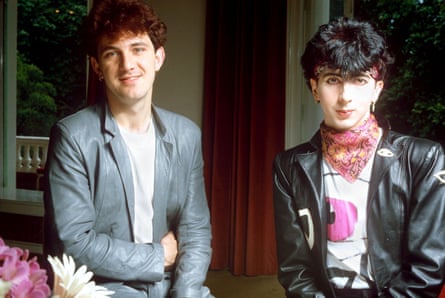
He also worked with Psychic TV, where he met Richard Norris. After calling themselves M.E.S.H. and recording the track Meet Every Situation Head On, Ball and Norris morphed into The Grid in 1988 and released a string of successful singles, in particular the UK No 3 hit Swamp Thing.
Soft Cell reunited for some live performances in 2000, but two years later Cruelty Without Beauty failed to reach the UK Top 100. In 2018 they staged what they thought was a farewell concert at the O2 in London, and Ball revealed that his health had been poor. “I used to be a heavy smoker,” he told theartsdesk. “I had COPD, pneumonia, I was incapacitated, walking around with a stick. I no longer am but I’m still on steroids from the long years of smoking fags and sniffing God knows what.”
Nonetheless, they gave a short UK tour in 2021, marking the 40th anniversary of Non-Stop Erotic Cabaret, and in May 2022 they released the album Happiness Not Included. It reached No 7 in the UK.
In 2020 Ball produced a memoir, Electronic Boy: My Life in and Out of Soft Cell. After his death, Soft Cell’s manager Chris Smith commented: “He was respected by his peers, and I will miss him immensely, but I’m also really happy he got to see how loved he was in the most recent stages of his long career.”
The statement went on to say that Ball is survived by his close family, including his four children.

.png) 3 hours ago
3
3 hours ago
3


